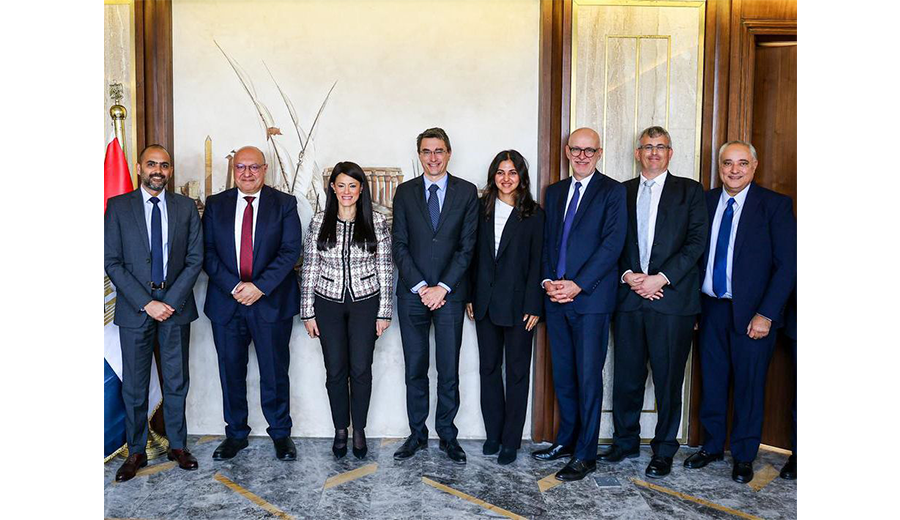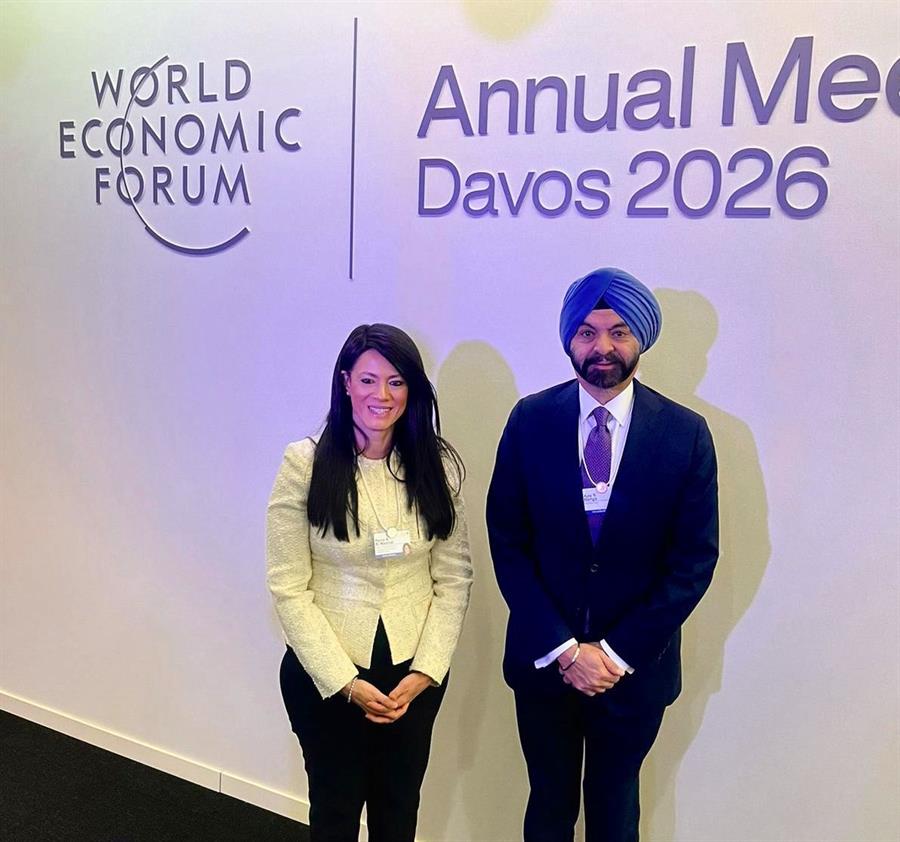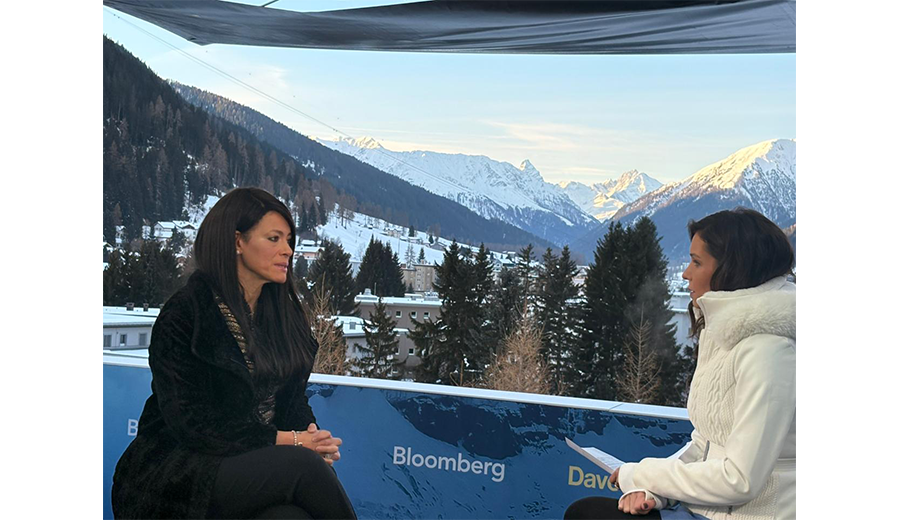On the Sidelines of the G20 Development Ministerial Meetings in Brazil: The Minister of Planning, Economic Development, and International Cooperation Meets with the Brazilian Minister of Development Assistance, Family and Hunger Combat (MDS) and the Coordinator of the G20 Global Alliance Against Hunger and Poverty

26 July 2024
H.E. Minister Al-Mashat Discusses with the Brazilian
Minister the Objectives of the Global Alliance Against Hunger and Poverty and
Its Significance in Enabling Developing Countries to Enhance Their Food
Security Strategies.
H.E. Minister Al-Mashat Explores the Benefits of Brazil’s
Development Experience in the Context of Implementing the Unified Planning Law.
H.E. Dr. Rania A. Al-Mashat, Minister of Planning, Economic
Development, and International Cooperation, met with Mr. Wellington Dias,
Brazilian Minister of Development and Assistance, Family and Hunger Combat
(MDS) and Coordinator of the G20 International Alliance Against Hunger and
Poverty, during her participation in the G20 Development Ministerial meetings
held in Rio de Janeiro, Brazil.
During the meeting, H.E. Minister Al-Mashat emphasized the
significance of the Global Alliance Against Hunger and Poverty, launched by
Brazilian President Luiz Inácio Lula da Silva under Brazil's G20 presidency.
H.E. Dr. Al-Mashat highlighted the importance of the alliance given the global
challenges since 2020, including the COVID-19 pandemic and geopolitical
tensions, which have created significant crises affecting food security,
particularly in developing countries.
The meeting discussed the alliance’s goal of establishing joint
financial mechanisms and mobilizing funding to support the achievement of the
Sustainable Development Goals, particularly the first and second goals, by
focusing on the poorest and most in need to combat hunger, poverty, and
inequality. It also addressed the exchange and guidance of knowledge to the
countries most in need.
The discussion also covered the importance of including the
African Union and other international financial institutions such as the
Islamic Development Bank and the World Bank in the alliance. The aim is to
determine the assistance goals for each entity in addressing hunger and poverty
and to explore how to benefit from the successful experiences of countries in
combating hunger and poverty and enhancing food security.
H.E. Minister Al-Mashat also discussed with the Brazilian
Minister various aspects of cooperation in human development fields and
enhancing investment in human capital. H.E. Dr. Rania Al-Mashat stressed that
the most valuable asset any country possesses is its human capital, which is a
key strength to be leveraged. Investment in human capital contributes to
leading inclusive growth and sustainable development. The meeting also explored
how to benefit from Brazil’s development experience in the context of
implementing the Unified Planning Law, which aims to improve resource
utilization efficiency, increase economic growth rates, enhance
competitiveness, and promote stakeholder involvement in the development process
while reinforcing community participation in planning.
The meeting further addressed efforts in food security and
social protection programs. H.E. Dr. Al-Mashat highlighted Egypt’s
"Takaful wa Karama" program, which supports low-income groups,
reviewing recent successful outcomes achieved within this national program
aimed at supporting social protection efforts.
Regarding smallholder farmer support programs, the Minister
of Planning, Economic Development, and International Cooperation discussed the
ministry’s collaboration with various development partners, including the World
Food Programme (WFP), the Food and Agriculture Organization (FAO), and the
International Fund for Agricultural Development (IFAD). She emphasized the
importance of supporting and implementing numerous projects to achieve
agricultural and rural development, and to increase farmers' incomes in Egypt’s
governorates.
H.E. Dr. Al-Mashat also reviewed Egypt’s efforts in building
human capital from a comprehensive perspective that includes all aspects,
emphasizing the investment in human capital as a core component of Egypt’s
Vision 2030. She affirmed the government’s commitment to developing human
capital by providing healthcare services and enhancing the educational system.









